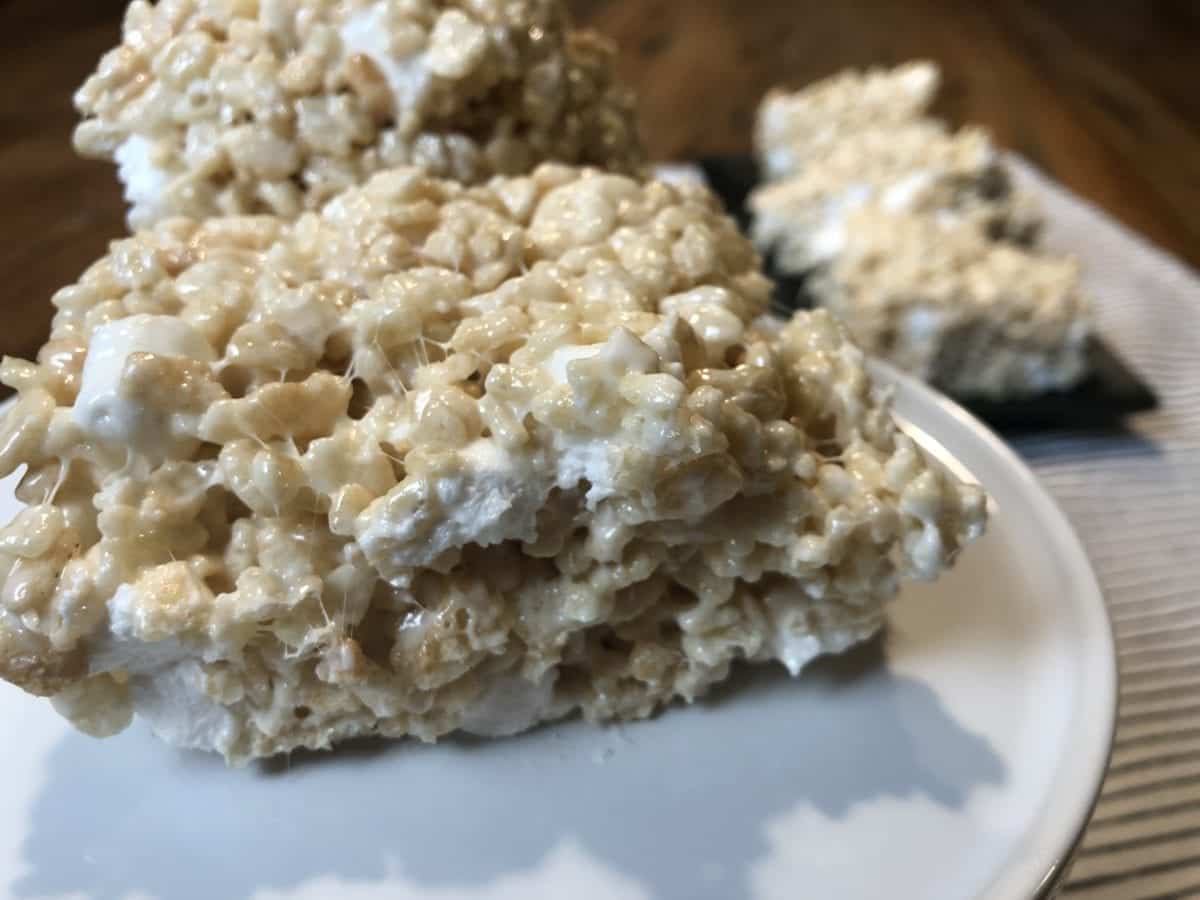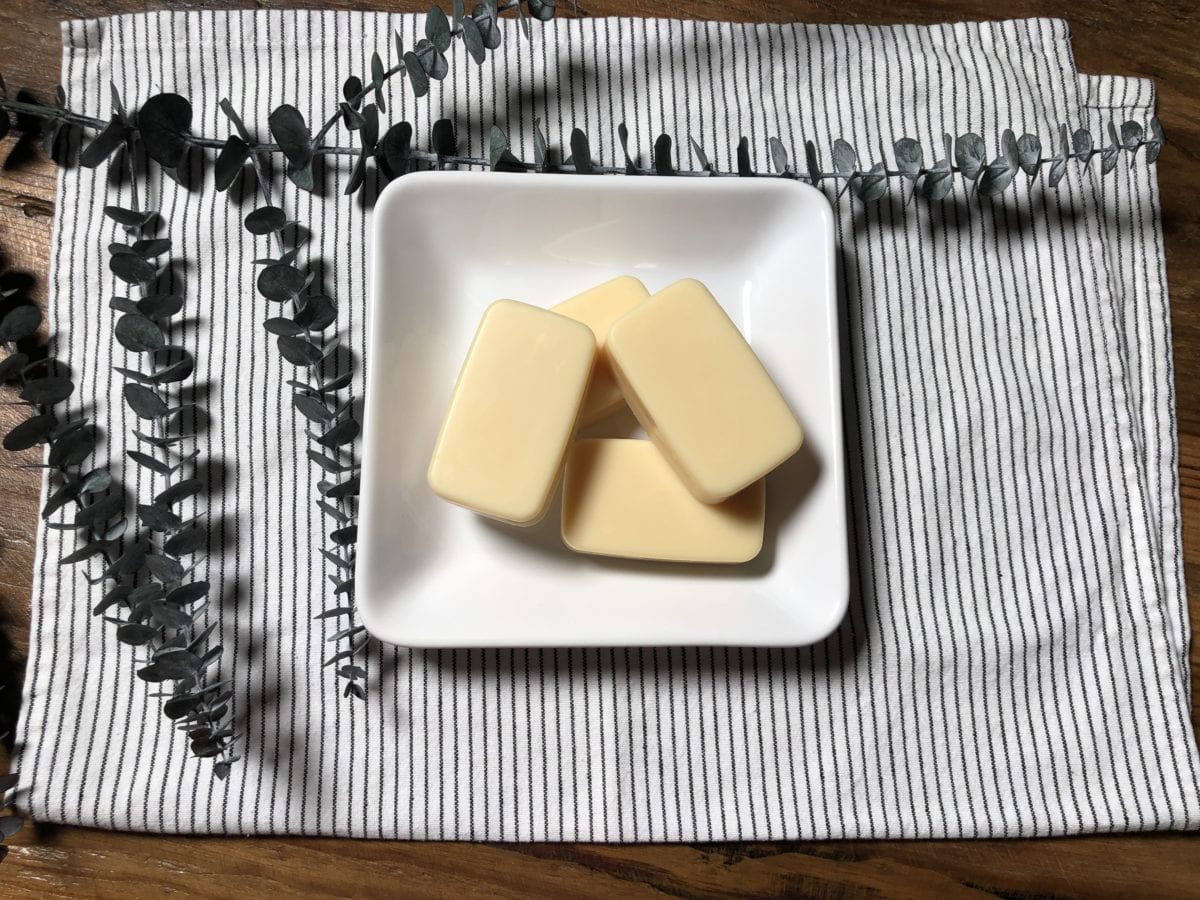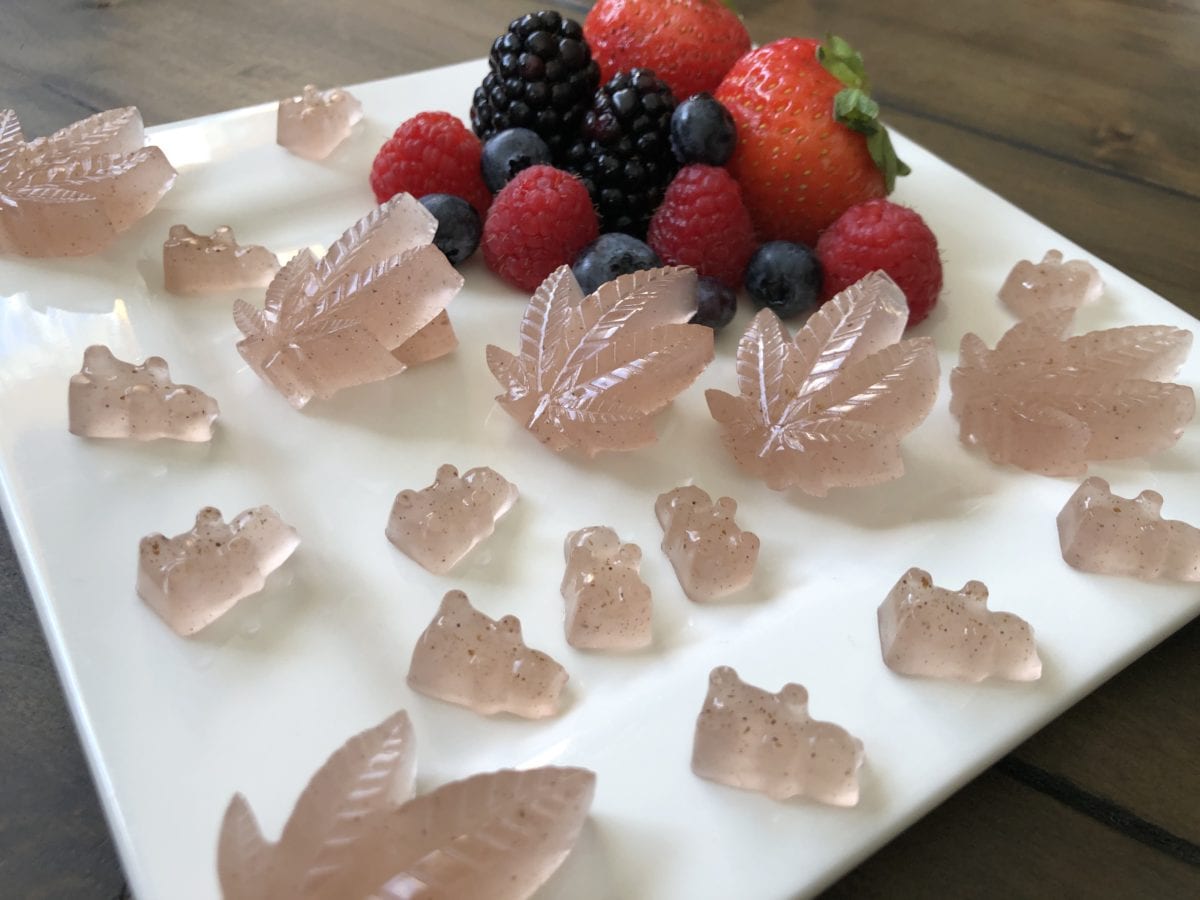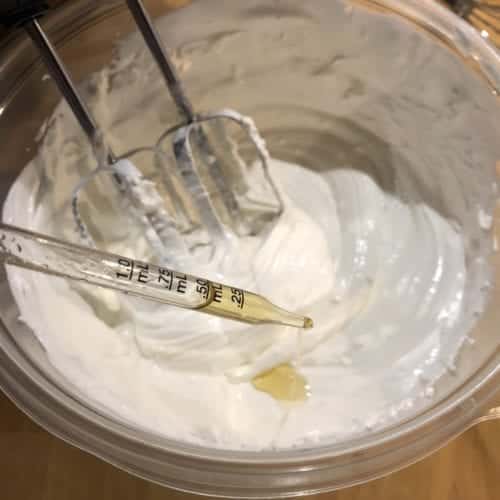How to Sell CBD Edibles: Laws, Payment Processing, and Marketing
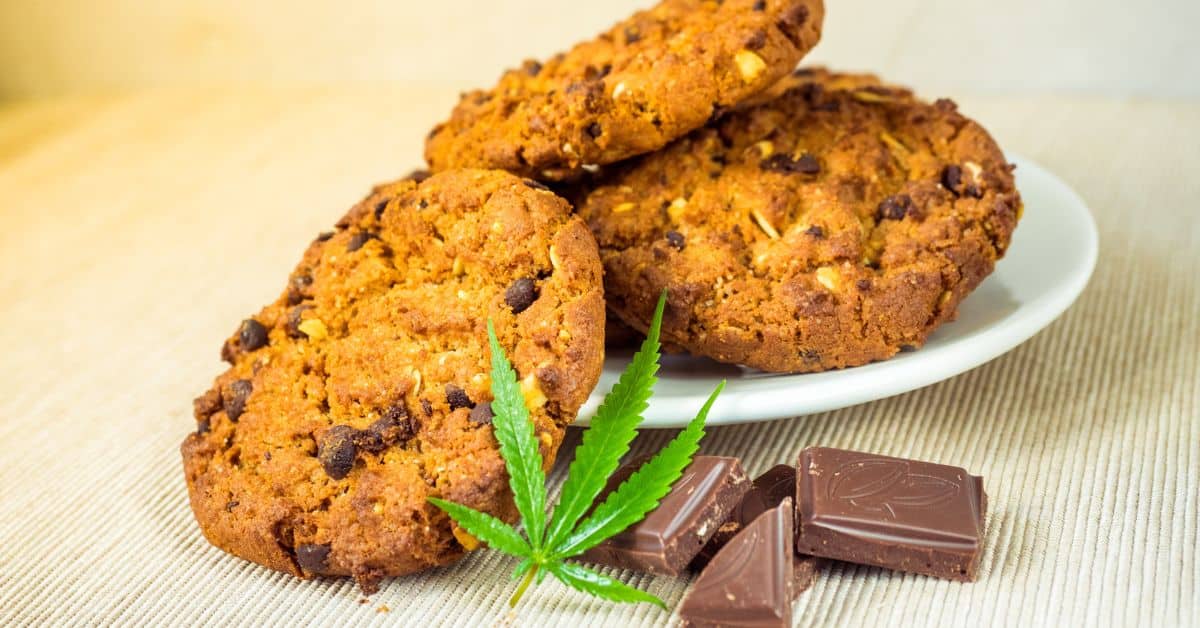
With the growing popularity of CBD products, there is a high demand for CBD edibles. Entering the CBD industry by selling CBD edibles can be a profitable business venture, but it requires a thorough understanding of the product and the market.
To sell CBD edibles, you must understand the laws and regulations surrounding these products. CBD is legal in many states, but there are still restrictions on the amount of THC that can be present in the product. Ensure you know your state’s laws and comply with them to avoid legal issues.
Marketing is critical when it comes to selling CBD edibles. You must identify your target market and create a brand that appeals to them. Social media is an excellent tool for promoting your products and connecting with potential customers. You can also attend events and trade shows to showcase your products and network with other professionals in the industry.
CBD Edible Laws, Regulations, and Licensing
When selling CBD edibles, it’s essential to understand the various laws, regulations, and licensing requirements that apply to your business. We strongly advise complying with these requirements to avoid hefty fines, legal issues, and damage to your business’s reputation.
FDA Regulations
The Food and Drug Administration (FDA) has not yet approved CBD for use in food products, and as such, CBD edibles are in a legal gray area. However, the FDA has issued warning letters to companies making false or misleading claims about the health benefits of CBD products.
As a CBD edible seller, knowing the FDA’s guidelines and regulations is essential. You should avoid making any false or misleading claims about the health benefits of your products and ensure that your labeling is accurate and compliant with FDA regulations.
Local/State Laws
In addition to federal regulations, you must comply with local and state laws governing the sale of CBD edibles. These laws can vary widely depending on your location, so it’s essential to research and ensure that you comply with all applicable laws and regulations.
Some states have strict licensing requirements for CBD businesses, while others have banned the sale of CBD edibles. Additionally, some states require certification of analysis (COA) for CBD products, which verifies the potency and purity of the product.
Suppose you’re operating in a high-risk industry like CBD. In that case, it’s essential to consult with an attorney who specializes in cannabis law to ensure that you comply with all relevant regulations and statutes.
Navigating the laws, regulations, and licensing requirements for selling CBD edibles can be complex and challenging. However, by staying informed and following the guidelines set forth by the FDA and your local and state governments, you can ensure that your business operates legally and ethically.
Operate Within FDA Regulations
Selling CBD edibles requires compliance with FDA regulations to ensure consumer safety and avoid legal issues. Here are some guidelines to follow:
- Labeling: Your CBD edibles must have proper labeling that includes the product name, ingredients, serving size, and CBD content. Avoid making health claims or using misleading information on your packaging.
- Testing: Testing your CBD edibles for potency, purity, and contaminants is crucial. Use a reputable third-party lab to conduct these tests, and include the lab results on your product labeling.
- Dosage: You must follow FDA guidelines for CBD dosage in your edibles. The current recommendation is no more than 5mg of CBD per serving, with a maximum of 25mg daily.
- Compliance: Stay up-to-date with FDA regulations and comply with any changes or updates. Complying will require registering your facility with the FDA and adhering to Good Manufacturing Practices (GMP).
- Advertising: Avoid making exaggerated or false claims about the benefits of your CBD edibles. Stick to factual information and avoid claiming your product can cure or treat any medical conditions.
By following these guidelines, you can operate within FDA regulations and ensure your CBD edibles are safe and legal for consumers.
Understand and Follow The Local/State Laws
In addition to FDA regulations, it’s essential to understand and follow the local and state laws regarding CBD edibles. These laws vary widely depending on where you will be located with your operation, so it’s essential to research and stay up-to-date on any changes.
Some states have strict regulations on the use of CBD in food products, while others allow it with certain restrictions. Some states require licensing or permits to sell CBD edibles, so obtain any necessary licenses or permits before starting your business.
It’s also important to be aware of any restrictions on advertising and marketing CBD edibles in your area. Some states prohibit certain types of advertising or require specific language on packaging or labeling.
By understanding and following both FDA regulations and local/state laws, you can ensure that your CBD edible business is operating legally and ethically.
Verify Your CBD Ingredients
When selling CBD edibles, it’s crucial to ensure the quality of your ingredients. Before you start making any products, you must verify that your CBD is high quality and safe for consumption. Here are a few tips to help you demonstrate your CBD ingredients:
- Check the Certificate of Analysis (COA): A COA is a document that provides information about the CBD product’s quality and purity. The manufacturer should give it and include information about the CBD concentration, the presence of any contaminants, and the date of manufacture. Review the COA before purchasing CBD to ensure that it meets your standards.
- Look for third-party testing: Third-party testing is an essential step in verifying the quality of CBD. It ensures that an independent laboratory has tested the CBD product to verify its potency and purity. Look for products that have been third-party tested to ensure that you’re getting the best quality CBD.
- Check the source of the CBD: It’s essential to know where it is sourced from. The best CBD comes from organic hemp plants grown in the United States. Ask the manufacturer about the source of their CBD to ensure that it meets your standards.
- Avoid products with additives: Some CBD products may contain additives that are unsafe for consumption. Check the ingredient list of the CBD product you’re considering to ensure that it has no harmful additives.
By following these tips, you can ensure that you’re using high-quality CBD in your edibles, which will help you create safe and effective products that your customers will love.
Find a CBD Payment Processor
When selling CBD edibles, finding a reliable processor to handle payment processing for CBD businesses is crucial. Many traditional payment processors and gateways hesitate to work with CBD companies due to the legal gray area surrounding CBD products. However, several payment processors specialize in working with CBD businesses.
Here are some steps you can take to find a CBD payment processor:
- Research: Do your research and look for payment processors that specifically mention working with CBD businesses. Check their website and terms of service to ensure they are a good fit for your business.
- Ask for recommendations: Reach out to other CBD businesses for suggestions on their payment processors. This can help you find a reputable processor with experience working with CBD businesses.
- Compare fees: Compare the prices charged by different payment processors. Look for processors that offer competitive rates and transparent pricing.
- Check for integrations: Ensure the payment processor integrates with your e-commerce platform or website. This will make it easier to process transactions and manage your business.
- Review transaction limits: Some payment processors may restrict the amount of CBD products you can sell. Make sure you review these limits before signing up for a payment processor.
Some companies are starting to get banned from the popular Stripe CBD payment processing program for very vague reasons. One company that we are recommending people check out is Corepay. They have a competitive program with low rates, no hidden fees, and fast approvals. You can check them out here.
CBD Edible Products to Bake
When baking with CBD, there are various products you can use to add this beneficial compound to your treats. Here are a few options to consider:
CBD Oil
CBD oil is a popular choice for baking because it’s easy to use and doesn’t add any additional flavors to your recipe. Mix the oil into your batter or dough and bake as usual. Remember that CBD oil can be pretty potent, so start with a small amount and work to find the proper dosage.
CBD Isolate Powder
Consider using CBD isolate powder if you’re looking for a more precise way to measure your CBD dosage. This pure form of CBD can be added to your recipes in exact amounts, making it easy to control the potency of your edibles. Mix the powder into your dry ingredients or dissolve it in a small amount of oil or butter before adding it to your recipe.
CBD Edible Mixes
For those who want a more convenient option, a variety of CBD edible mixes are available on the market. These mixes typically include all the ingredients you need to make CBD-infused treats, such as brownie or cookie mixes. Follow the instructions on the package and add your desired CBD oil or isolate powder dosage.
CBD Butter
CBD-infused butter is another option for baking with CBD. You can make your own by heating butter and CBD oil or purchasing pre-made CBD butter. This option is excellent for recipes that call for butter, such as cookies or cakes.
Regardless of CBD edible product, it’s essential to remember that CBD can affect everyone differently. Start with a small dosage and see how your body reacts before increasing the amount. With some experimentation, you’ll be able to create delicious CBD-infused treats that are both tasty and beneficial for your health.
Branding
When it comes to selling CBD edibles, branding is crucial. Your brand sets you apart from the competition and helps customers recognize and remember your products. Here are some tips for creating a solid brand for your CBD edibles:
1. Develop a unique brand identity: Your brand identity should reflect the essence of your business and appeal to your target audience. Consider the colors, fonts, and imagery that best represent your brand and use them consistently across all your marketing materials.
2. Create a memorable logo: A well-designed logo can significantly impact your brand recognition. Ensure your logo is simple, unique, and relevant to your business.
3. Craft a compelling brand story: Your story should communicate your values, mission, and unique selling proposition. Use storytelling techniques to connect emotionally with your customers and differentiate yourself from competitors.
4. Use high-quality packaging: Your packaging should be eye-catching, informative, and functional. Consider using sustainable materials and including dosage information and lab test results.
5. Leverage social media: Social media is a powerful tool for building brand awareness and engaging customers. Use platforms like Instagram and Facebook to showcase your products, share user-generated content, and connect with your audience.
By focusing on your brand identity and creating a solid brand story, you can differentiate yourself from the competition and build a loyal customer base for your CBD edibles.
Pricing
When pricing your CBD edibles, you want to balance making a profit and keeping your prices competitive. Here are a few things to keep in mind:
- Cost of goods: Start by calculating the cost of your ingredients, packaging, and labor. This will give you a baseline for how much you need to charge to break even.
- Competitor analysis: Research what other CBD edible sellers charge for similar products. You don’t want to price yourself out of the market but don’t want to undervalue your product.
- Profit margin: Determine how much profit you want to make per unit. This will depend on your business goals and expenses.
You can settle on a price point once you have a good sense of your costs, competitor pricing, and desired profit margin. It’s essential to be transparent about your pricing and communicate the value of your product to potential customers.
Consider offering bulk discounts or bundle deals to encourage customers to buy more at once. You can also experiment with pricing strategies like dynamic pricing (adjusting prices based on demand) or value-based pricing (charging more for premium products).
Remember to stay up-to-date on the latest regulations and laws surrounding CBD products, as these can impact your pricing and marketing strategies.
Begin Selling CBD Edibles
If you’re looking to start selling CBD edibles, there are a few different avenues you can take. Here are some options to consider:
Online
Starting an online CBD business can be a great way to reach a broad audience and keep overhead costs low. Consider setting up a website using BigCommerce, Shopify, or WordPress. You can also sell on marketplaces like Amazon or eBay.
When setting up your online store, include clear information about your products, including CBD in each serving and any relevant lab test results. You’ll also need to make sure you comply with any federal or state regulations.
Farmers Markets
Consider selling CBD edibles at local farmer’s markets for a more hands-on approach. This can be a great way to connect with customers and get feedback on your products.
Check with the market organizers to see if CBD products are allowed, and be prepared to provide information about your products’ CBD content and lab test results.
Retail Store
To sell CBD edibles in a physical storefront, you must find a retail location and obtain any necessary licenses and permits. You may also need to comply with local zoning regulations.
Consider partnering with other CBD sellers or merchants to share the cost of rent and other expenses. Make sure to clearly label your products and provide information about their CBD content and lab test results.
Wholesale
If you’re interested in selling CBD edibles in bulk to other retailers, you’ll need to find wholesalers interested in carrying your products. Look for wholesalers specializing in CBD products, and be prepared to provide information about your products’ CBD content and lab test results.
Consider offering discounts for larger orders, and clearly label your products with their CBD content and any relevant information about lab testing.
No matter which avenue you choose, make sure to do your research and stay up-to-date on any relevant regulations and best practices. With the right approach, you can begin selling CBD edibles and tap into the growing CBD market.

